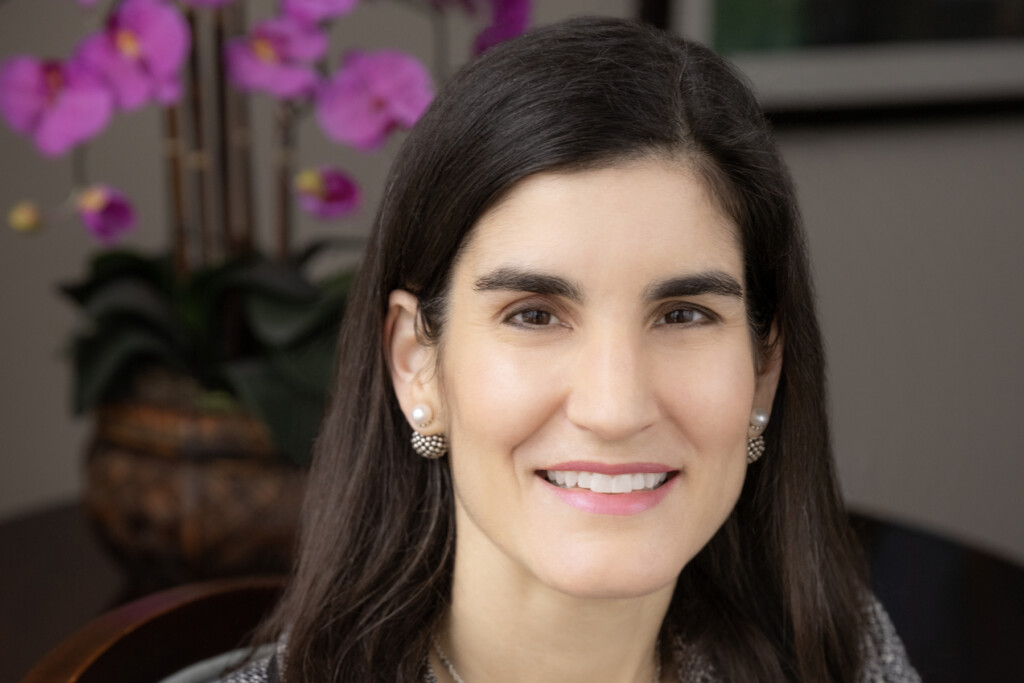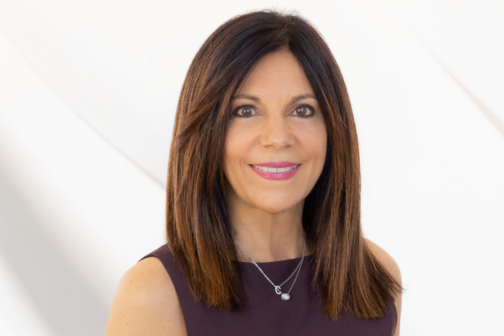When should I seek help from a fertility specialist?
The general recommendation is if you have been actively trying to conceive for one year without success, you should consult a fertility specialist. If you are over the age of 35, you should schedule an appointment after six months, as age is an important factor in how quickly you may conceive. Additionally, if you have a known gynecologic issue such as irregular menstrual cycles, you should consider seeking the care of a specialist sooner rather than later, as this may point to specific problems that affect fertility. Furthermore, if there is a family history of health issues such as low thyroid function or early menopause, it’s important to discuss this with your doctor. A big part of my job is helping people become equipped with information and educated about their options.
Should I be concerned about having multiples if I seek fertility treatments?
This field of reproductive medicine has done an incredible job in helping couples conceive. However, historically these treatments resulted in a higher prevalence of twins and triplets, increasing risks of problems such as pre-term labor. Today, we really try to limit the risks. With IVF, the best practice is single embryo transfer, whereby we put back one healthy embryo, striving for the best outcome, a full-term singleton pregnancy. When looking for a fertility clinic, be sure to ask if they most commonly do a single embryo transfer.
Why is genetic testing important in fertility treatments?
Though there are many factors that need to be present for conception the genetics of the embryo is the main factor linked to successful pregnancy. Fertility typically starts to decline around age 32. Reasons for this decrease largely have to do with egg quality, though egg quantity diminishes with age as well. Women are born with all the eggs they will ever have, and during every menstrual cycle there is a cohort that emerges and competes resulting in one dominant, mature egg that is capable of being fertilized. This cohort size varies and decreases over a woman’s reproductive lifespan. Fertility treatments increase the number of “winners” from those in a single month’s race, with IUI usually to 2-3 eggs and IVF to an average of 10-15 eggs. With IVF, the reproductive destiny of these 10-15 eggs plays out in the lab and there is a distillation of mature eggs to a group of embryos. These embryos can be tested by looking at the future placenta, which reflects well the genetic status of the cells that make the baby. At age 35, around 50% of the resulting embryos made during IVF are typically genetically normal—that’s the average rate at age 35 though people defy statistics both ways. After age 40, the chance of having a genetically normal embryo really goes down rapidly, so if we can select a genetically normal embryo by testing its future placenta, there is a greater chance of having a healthy pregnancy and baby. Since a healthy embryo that tested normal has at least a 65% chance of implanting and less than 10% risk of miscarriage, we should try that embryo first. If a woman is approaching age 34, and especially around age 38, I strongly recommend genetic testing. Testing embryos really helps give everyone optimal success with embryo transfer.
What are the benefits of egg freezing?
More and more women are choosing to delay motherhood for various reasons, which can prove challenging later in life as egg quality decreases with age, making pregnancy harder to achieve. Egg freezing allows a woman to have some control over her fertility potential while finishing her advanced degree, working on her career, or waiting for the right partner or circumstance in her life to conceive. I tell patients that egg freezing allows you to have “something in the bank.” It allows you to be very proactive in maintaining options. Ideally the younger your age, and hence the better quantity and quality of eggs at the time of freezing, the more beneficial the fertility preservation process will be. Additionally, egg freezing is an important option for women recently diagnosed with cancer who want to freeze their eggs before starting potentially egg-toxic chemotherapeutic drugs or radiation. More insurance companies are covering egg freezing. This is great news because there is a greater chance of having a healthy baby using eggs from when you were younger. With some patients, we are retrieving between 10 and 20 healthy eggs at a time, for others they may need more than one egg freezing cycle to obtain that many. Egg quality is a function of age and genetics, so for many women, banking eggs can be a good “insurance plan” for them.
How do you help patients with the mental and emotional aspects of infertility?
With fertility, you can’t go backwards — you must look forward and make the best decisions you can based on what circumstances you have. I take on the role of guiding patients — laying everything out before them so they have the data they need to make an educated decision that is right for them. I never want my patients to look back and say, “I wish I would have known.” Patients come to me primarily for the medical part of treatment, but I also do my best to encourage patients and provide them with online support groups, counselors, and other resources for support when needed as they go through their journey. We can always start with low-tech options and move our way up to higher-tech options. It takes emotional and financial capital to get through it, along with a caring and experienced doctor and a team of compassionate nurses and other professionals who want to see your dream realized. From IUI and IVF to egg donors and gestational carriers, there are many ways to become parents thanks to modern technology. My patients are very motivated and very detailed, and I am a very detailed person myself. We work together and move toward the same goals and overcome obstacles, making the victory—a healthy baby—all the better.
Dr. Rebecca Chilvers is board certified in obstetrics and gynecology and in reproductive endocrinology and infertility. She received her medical degree at LSU Health Sciences Center. Dr. Chilvers completed her residency and sub-specialty training at the University of Texas Medical Branch in Galveston, where she also earned a Master of Medical Science degree. Dr. Chilvers has been named one of America’s Top Obstetricians and Gynecologists and has been recognized as a Mom-Approved Doctor by Dallas Child, a Top Doctor by Castle Connolly, Best Doctor in Collin County and in Dallas in D Magazine, and a Rising Star in Texas Monthly Super Doctors®. She is a member of the American Society of Reproductive Medicine, the American College of Obstetrics and Gynecology, and the Society of Reproductive Endocrinology and Infertility.
Signup for D Exclusive
Author






